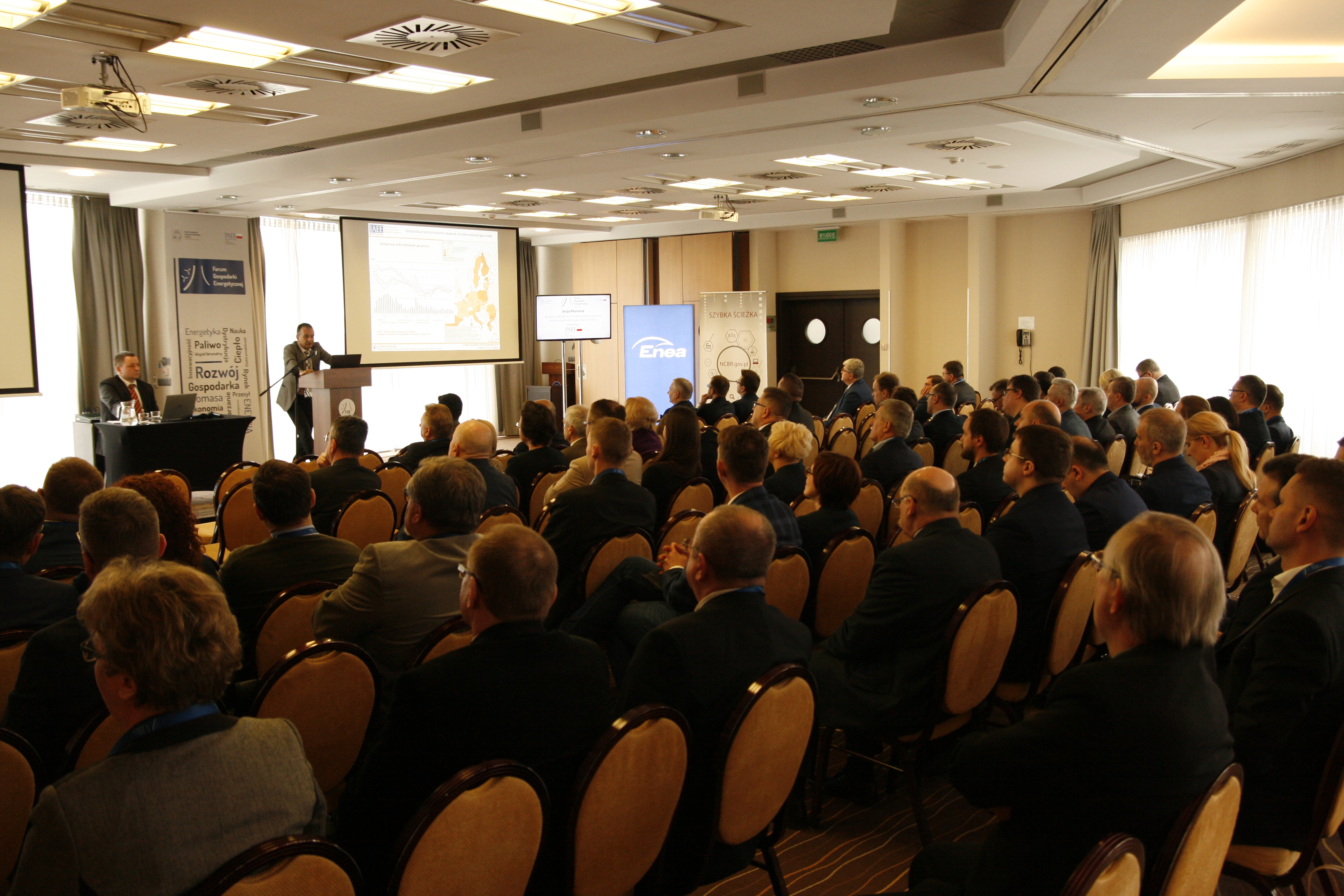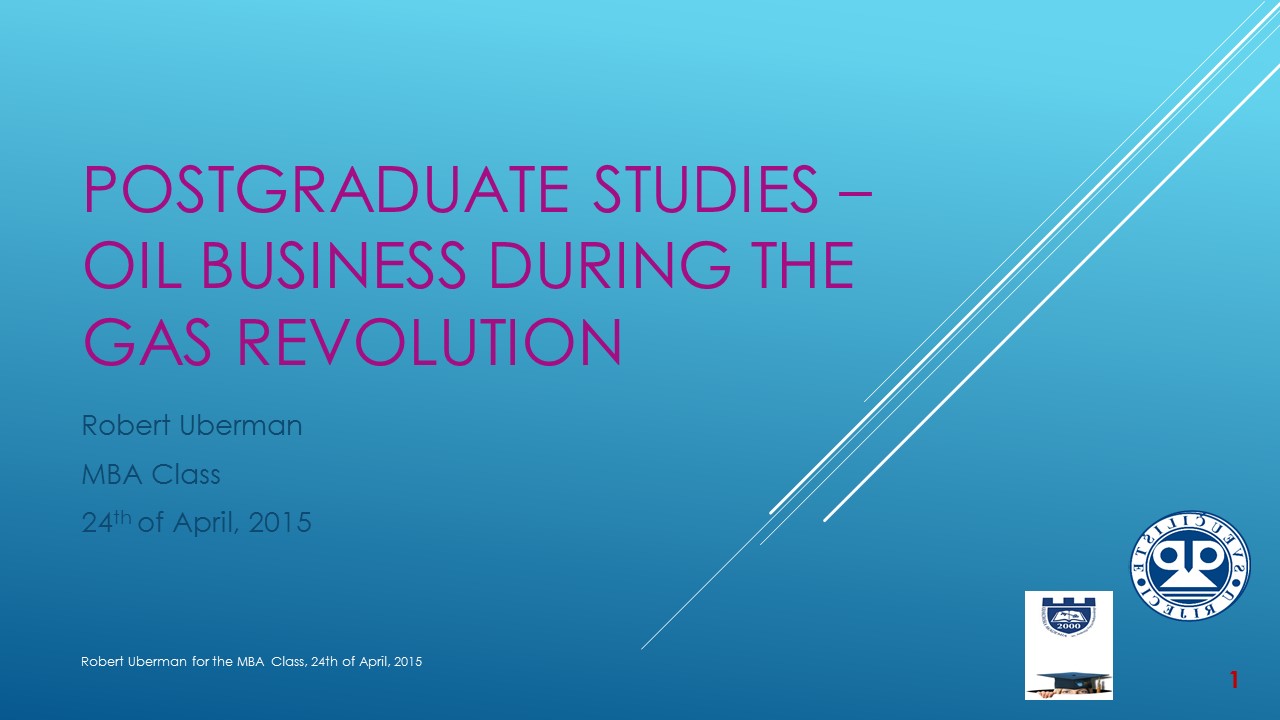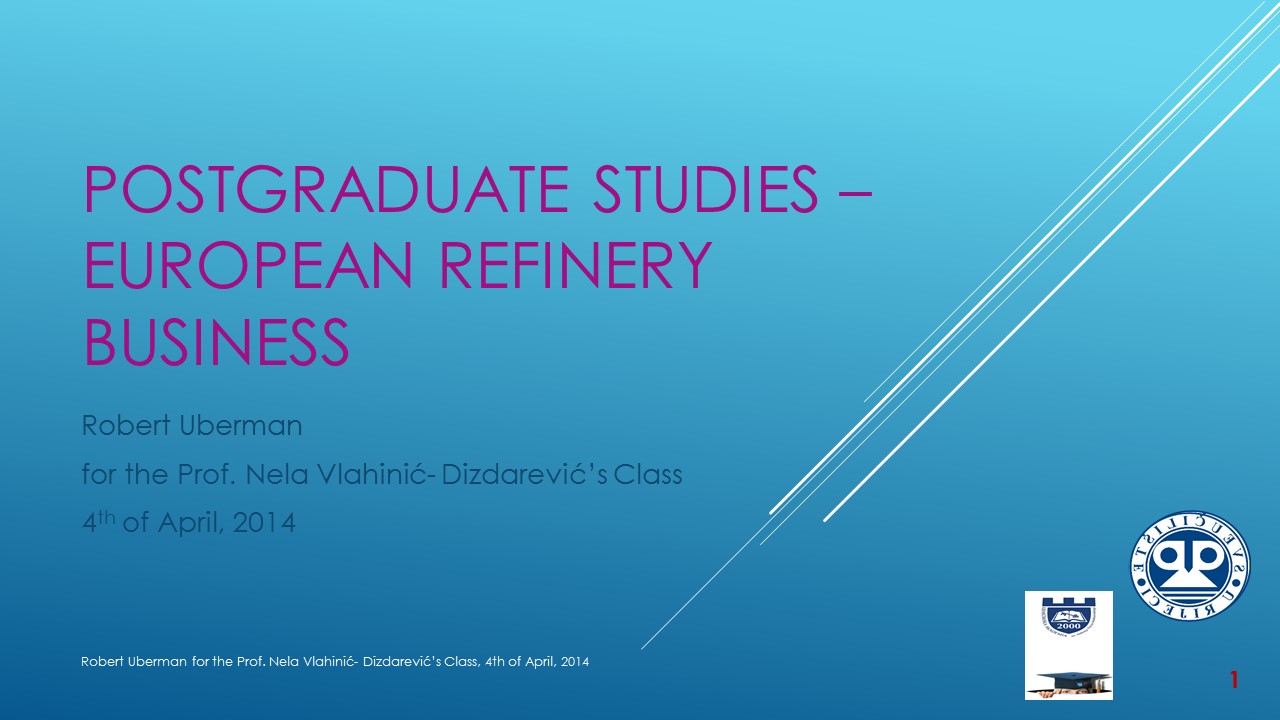Strategy
INDUSTRY HIGHLIGHTS
 Small Modular Reactors
Small Modular ReactorsExpert had been invited to give presentation on the Circular Economy – challenges, goals, tasks in regions and industries - held 28-30/11/2022 in the Hotel Mercure Racławice Dosłońce Conference & SPA./Expert został zaproszony do udziału w VI konferencji pn. „Gospodarka o obiegu zamkniętym – racjonalne gospodarowanie zasobami”, która odbyła się w dniach 28-30.11.2022 r. w formule hybrydowej – online oraz w Hotelu Mercure Racławice Dosłońce Conference & SPA.
Download
Expert was appointed by the General Meeting of PAEE held 2022/05/31 a member of the Audit Committee./ Ekspert został nominowany do Komisji Rewizyjnej PAEE na Zgromadzeniu Członków Stowarzyszenia w dniu 31 maja 2022 r.
Download
 Forum Gospodarki Energetycznej KRAKÓW 2018
Forum Gospodarki Energetycznej KRAKÓW 2018Ekspert jest członkiem PAEE. Konferencja Forum Gospodarki Energetycznej KRAKÓW 2018 odbyła się w dniach 19–20 marca 2018 roku w hotelu Qubus w Krakowie. Organizatorem konferencji jest Instytut Gospodarki Surowcami Mineralnymi i Energią Polskiej Akademii Nauk we współpracy ze Stowarzyszeniem na rzecz Gospodarki Energetycznej Polski (PAEE, http://www.paee.org.pl), będącym afiliacją prestiżowego International Association for Energy Economics (IAEE). IGSMiE PAN posiada bogate doświadczenie w organizacji renomowanych konferencji, jednak wsparcie merytoryczne ze strony PAEE stanowi dodatkową gwarancję jakości i wyjątkowości tego wydarzenia. Tematem konferencji „Dylematy energetyki polskiej – wyzwania i zagrożenia”. Ekspert brał udział w sesji dotyczącej dylematów przedsiębiorstw energochłonnych.
Download
 Zagreb MBA Presentation in Oil & Gas again after 2 years
Zagreb MBA Presentation in Oil & Gas again after 2 yearsWhat are key challenges faced by the Central Europe Oil & Gas business? How LNG, LPG and GTL technologies can impact gas security of the region?
Download
 Expert became a member of IAEE/PAEE
Expert became a member of IAEE/PAEEThe International Association for Energy Economics was founded in 1977 in response to the 70's energy crisis. It is a worldwide non-profit professional organization based in the United States, which has members in over 100 nations. It acts as an interdisciplinary forum for the exchange of ideas, experience and issues among professionals interested in energy economics. To achieve this goal, IAEE publishes three periodicals. "The Energy Journal" is a quarterly, academic publication available to all members. The "Economics of Energy & Environmental Policy" is a semi annual publication also available to all members. PAEE is the Polish affiliate of IAEE.
Download
 Zagreb MBA in Energy presentation on oil & gas
Zagreb MBA in Energy presentation on oil & gasWhat are key challenges faced by the European Refinery business. How the conversion form oil into an oil and gas industry affects it? Challenges resulting from LNG, LPG and GTL technologies.
Download
 Rijeka Strategic Management Guest Lecture
Rijeka Strategic Management Guest LectureWhy multinational corporations (MNCs) are actually national? Who really owned and owns MNCs? How are new MNCs from so called "emerging markets" different to old ones? See the presentation given to students at Rijeka University, Croatia.
Download
 Oil prices roller caster vs Corporate Values
Oil prices roller caster vs Corporate ValuesQuestion: How is ExxonMobil reacting to the deep fall in oil prices (from ca. 150 to 50 USD/barrel)?
Answer: We really make no adjustment to our strategy (..) based on 30-yers investment horizon –refusing to give into pressure to spent more when prices rise and not cutting back when prices fall.
If interested how such reaction was possible see presentation attached.
Download
 Corporate values
Corporate valuesA presentation given at the for The National Students Conference: "Multinational Corporations. Who really governs the World?" on 4th April, 2011 (in Polish). The same topic has been elaborated in English in the article "Why values are precious?".
Download
 What the US electricity operators are facing? What Europeans shall expect?
What the US electricity operators are facing? What Europeans shall expect?The recently published US Survey stated that:
- "Utilities will move away from the traditional vertically integrated utility model towards a more distributed, service-based model."
- "The industry’s three biggest growth opportunities are distributed energy resources, the customer relationship, and transmission."
- "The industry’s three most pressing challenges are old infrastructure, the aging workforce, and the current regulatory model."
Download
 European Refinery Business 20140404
European Refinery Business 20140404Presentation outlying current challenges face by the European refinery business given to attendants of the Executive MBA in the energy sector in Zagreb, Croatia.
Download
CREDENTIALS
Strategy and R&D Director at Orlen Oil responsible for the full cycle strategy formulation, implementation and reporting.
Expert was appointed by the General Meeting of PAEE held 2022/05/31 a member of the Audit Committee./ Ekspert został nominowany do Komisji Rewizyjnej PAEE na Zgromadzeniu Członków Stowarzyszenia w dniu 31 maja 2022 r.
Case 1 (Strategy formulation: must not be viewed as a description of true Orlen Oil story).
Imagine the middle-size company facing a double challenge: big Internationals ale pushing technological edge beyond capacities of smaller players, minors are competing on price for diminishing, low segments of the market. Basically both ways of competing as prescribed by Porter (eg. by product differentiation or price) are already taken and well fenced.
The typical answer (how many times you have heard it?) is: “rigid costs control” and “concentration on profitable segments”. There are only two “buts”:
- no costs control can save a business without revenues,
- concentration on profitable segments too often means loosing all customers because they in turn want to reduce number of suppliers and expect comprehensive service.
- Internationals? What assets are of value for them?
- small players? They’re just too small for both taking over such company and foster substantial benefits of such move.
- customers may prefer reliable, short delivery times to any cutting edge technology,
- customers may value additional services on site which Internationals provide only to narrowly selected partners,
- customers may value a direct contact not only with sales people but with employees
- representing other key functions (eg. logistics, R & D),
- customers may value individual technological solutions which could be developed domestically with help of research/scientific institutions.
If interested in such issues please follow me at Linked in or Twitter.
If you think to face a similar problem please refer to.
ACADEMIC PUBLICATIONS ON STRATEGY & ENERGY RELATED ISSUES
- “Military origins of strategy as a science. Influence on business thinking” (Militarny rodowód nauki strategii. Wpływ na myślenie biznesowe), Journal of Cracow International Studies, No 3 (XIII), pp. 105-116, Kraków, 2016.
- Co-author, “Ownership of refinery business in Croatia and Poland as a factor impacting national energy security”, Journal of Security and Sustainability Issues, Volume 4(2): pp. 101–121, Vilnus, 2014
- “Transatlantic relations internal to International Oil Companies as an important component of European energy security.” Krakow International Studies, No 2 (XII), pp. 111-124, Krakow, 2014.
- „Why Values are Precious?”, Journal of Cracow International Studies, No 2 (VIII), pp. 261-277, Kraków, 2011.
- “State ownership of energy corporations in view of policy of energy security” (Własność państwowa przedsiębiorstw sektora paliwowo-energetycznego w kontekście polityki bezpieczeństwa energetycznego), Energy Policy Journal, Vol. 14/ 1, pp. 29-57, Kraków, 2011.
- “Proposal regarding methodology to be used in the process of FDI absorption into the Polish Fuel and Energy Sector” (Propozycja metodologii pozyskiwania bezpośrednich inwestycji zagranicznych w polskim sektorze paliwowo-energetycznym), Energy Policy Journal, Vol. 5/2, Kraków, 2002.
- “ Proposals for State Policy Towards FDI in the Polish Fuel and Energy Sector based on the ADL Methodology” (Propozycje polityki Skarbu Państwa wobec bezpośrednich inwestycji zagranicznych w polskim sektorze paliwowo-energetycznym w świetle metodologii Arthur D. Little and Co), Cracow Review of Economics and Management No 575, Kraków, 2002.
- “ Proposals for State Policy Towards FDI in the Polish Fuel and Energy Sector based on the BCG Methodology” (Propozycje polityki Skarbu Państwa wobec bezpośrednich inwestycji zagranicznych w polskim sektorze paliwowo-energetycznym w świetle metodologii Boston Consulting Group), Cracow Review of Economics and Management No 528, Kraków, 1999.





